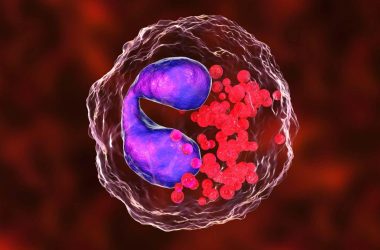Kidneys from babies who die during or soon after birth are being overlooked for transplantation into children and adults. The topic is difficult to discuss with bereaved parents, which is why the practice is not widely used, according to doctors. However, there have been calls for hospitals to make more use of this valuable resource to save lives.
Newborn babies’ kidneys are smaller than those of adults, but they grow quickly when transplanted into a child or adult. The kidneys are removed as a pair and transplanted into a recipient next to each other on one side of their body. Normally, only one kidney is transplanted from adult donors. Within three months, a pair of kidneys from a newborn baby can grow enough to perform the work of one adult kidney.
Kidneys are one of the most commonly transplanted organs and can save the lives of people with kidney failure. However, there is a shortage of donor organs, resulting in thousands of deaths each year while on the waiting list.
Organ donation is only possible in certain deaths, such as after a stroke or severe physical injury that leaves someone in intensive care. Babies who die due to lack of oxygen during childbirth or severe congenital conditions diagnosed during pregnancy fall into this category. However, medical staff often hesitate to approach parents in these situations due to the perceived emotional distress it may cause.
In the UK, some hospitals do consider asking parents for permission for organ donation in these circumstances, but it still happens rarely. Concerns about neonatal kidney donation include the vulnerability to blood clots soon after transplantation. However, in the long term, these kidneys tend to perform well because of the excellent condition of the baby’s organs.
Studies have shown that transplants of pairs of kidneys from babies or older children have a similar long-term success rate to kidneys from adult donors. The success rate for both is around 90-95% after 12 months.
Organ transplant services in the UK, managed by NHS Blood and Transplant, are actively working on neonatal donation and collaborating with neonatal units to offer the opportunity for organ donation whenever possible.












